If you want customers to be able to find your website, it’s important to make Search Engine Optimization (SEO) a priority. However, this broad process involves varying techniques, some of which happen away from your own site. Once you understand the concept of off-page SEO and know a few best practices, you’ll be better positioned to optimize your site and boost its visibility.
In this post, we’ll explain what off-page SEO is and why it’s important. Then we’ll provide you with a list of tips and best practices for how to conduct off-page SEO, and discuss how it’s different than on-page SEO. Let’s jump in!
- 1 What Is Off-Page SEO?
- 2 How Is Off-Page SEO Different from On-Page SEO?
- 3 Why Is Off-Page SEO Important?
-
4
How to Do Off-Page SEO (7 Tips)
- 4.1 1. Earn Quality Backlinks from High-Authority Sites
- 4.2 2. Create and Share Unique, Engaging Content
- 4.3 3. Create a Google My Business Account
- 4.4 4. Encourage Customer Reviews
- 4.5 5. Build a Strong Social Media Presence
- 4.6 6. Try Influencer Marketing
- 4.7 7. Monitor Your Brand Signals and Mentions
- 5 Conclusion
What Is Off-Page SEO?
Off-page SEO, also referred to as off-site SEO, consists of the actions you take away from your website to boost your search engine rankings. When most people think of off-page SEO, they focus on backlinks. While link building is a major part of off-page SEO, however, it’s not the only aspect.
Much of off-page SEO involves improving how your site is perceived in terms of quality, authority, popularity, etc. This includes, but is not limited to:
- Social media
- Content marketing
- Brand mentions
- Influencer marketing
The activities you perform off your website can influence how Google and other search engines perceive your own content. When done correctly, they can help your site appear more trustworthy and authoritative, which Google rewards.
How Is Off-Page SEO Different from On-Page SEO?
While both processes can boost search engine visibility, there are some key differences between off-page and on-page SEO. As you might expect, on-page SEO refers to the actions you take on your website to optimize it.
This includes:
Another way off-page SEO is different than on-page SEO is that you have complete control over the latter. On-page SEO involves making changes directly to your website, which you can do at any time. On the other hand, off-page SEO involves actions like reaching out to a third-party blog and asking them to share a link to your site.
Why Is Off-Page SEO Important?
Off-page SEO is important because it can influence how well your site ranks in search engine results. Google’s algorithm takes backlinks and other off-site signals into account when deciding how to display websites to relevant searchers. These signals include:
- Relevance and value of content (how well it matches user intent)
- Anchor text
- Social signals
- Brand mentions
- Referring domain authority
Making off-page SEO part of your optimization strategy can drive traffic to your site and increase your engagement and conversion rates. It can also help you build brand awareness and reach new audiences.
How to Do Off-Page SEO (7 Tips)
Now that you understand what off-page SEO is and why it’s important, it’s time to explore how you can get started. Below are seven tips and best practices you can follow to implement off-page SEO on your site.
Link building is the heart of off-page SEO. If there are many credible websites linking to your site, it tells Google that you’re providing relevant, quality content that people enjoy.
In fact, research has shown that pages with a lot of backlinks rank better than those without. On average, the top spot in Google results has nearly four times as many backlinks as the ones below it.
In other words, backlinks are essentially a vote of confidence. If you want to check your site’s authority score for links, you can use a tool such as Semrush’s Backlink Analytics:
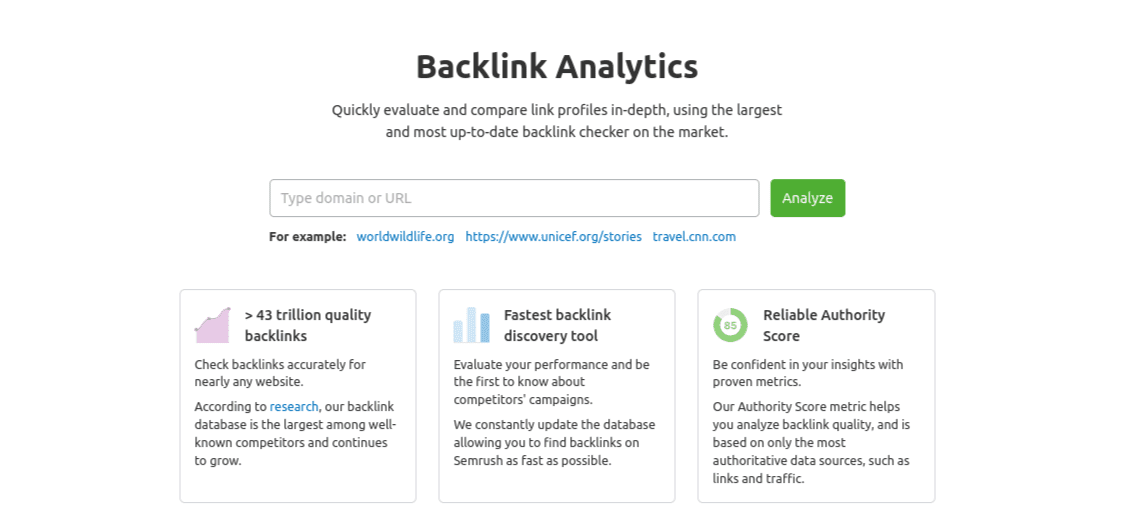
Of course, earning links from high-authority sites is easier said than done. The likelihood of earning them increases when you regularly create and publish valuable, quality content. If you do that, publishers and brands may mention and link to your content organically.
However, you can also take a more proactive approach to link building, by reaching out to third-party sites and requesting a link attribution or mention. For example, you could partner with influencers to have them promote and link to your content. This is a form of influencer marketing, which we’ll discuss in more detail shortly.
When it comes to link building, we recommend focusing on quality over quantity. It’s also important to ensure that you’re using white hat SEO tactics. It’s best to avoid spammy, black hat practices, such as excessively linking to your own content in forums and comment sections.
Content marketing is another key aspect of off-page SEO. As we mentioned, putting out unique, interesting, and engaging content can help you naturally build link authority.
In addition to your on-page SEO content, such as your blog posts, you can also leverage other forms of content marketing. For example, you can write guest blogs for external websites, and include a byline or in-text link to your site. This is also an excellent way to get your content and brand in front of new audiences.
Other types of assets you can create and share include:
- Infographics
- Case studies
- White papers
- eBooks
If you create a high-quality and informative piece of content, people will naturally want to link and share it as well. Long-form content in particular can be helpful. One study found that long-form content gets 75 percent more backlinks than shorter pieces.
Also, we recommend incorporating data and statistics into your content. Research-backed content can help generate backlinks, as publishers may cite it as a source.
3. Create a Google My Business Account
Google My Business is a free business profile account that you can create with Google:
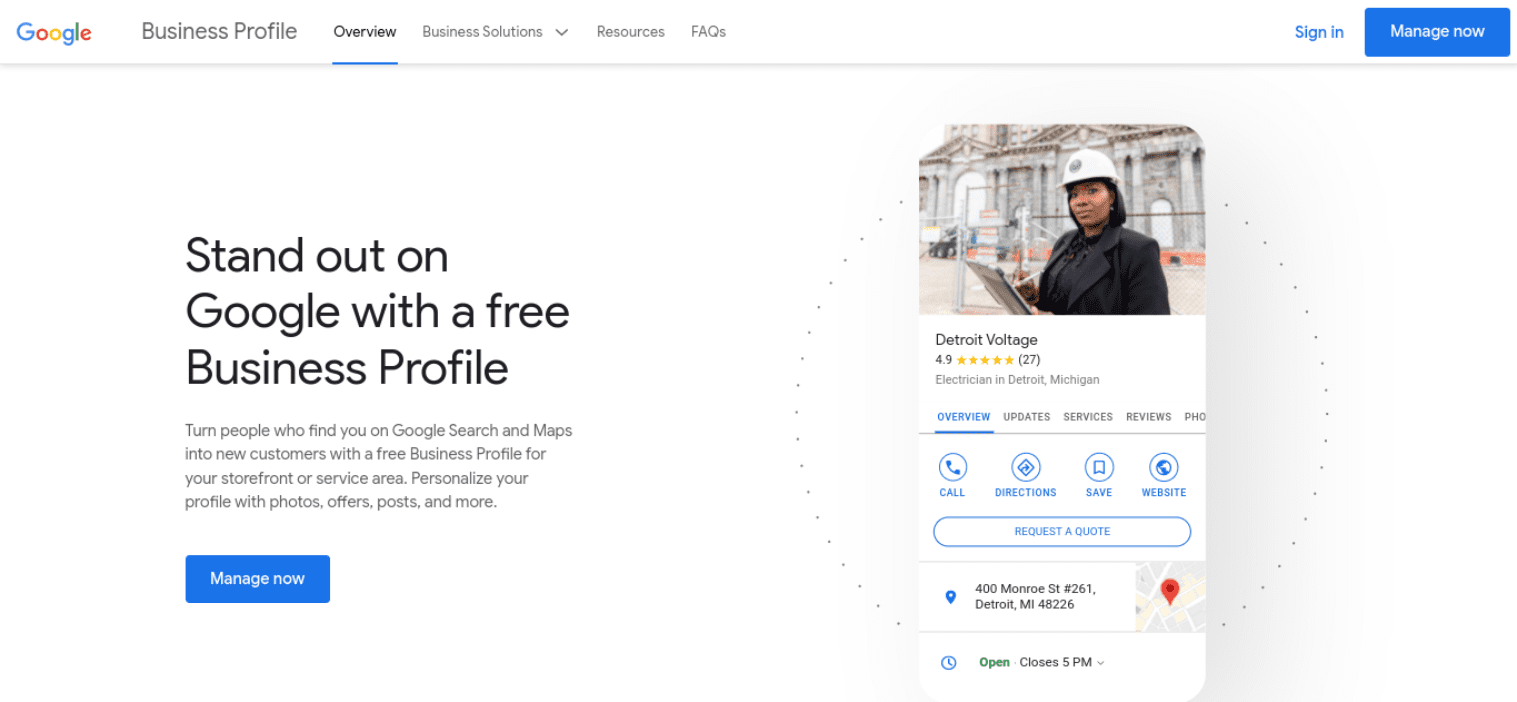
These profiles appear in Google’s search results for local queries, such as “Italian restaurant near me”. Creating and optimizing your Google My Business profile can help boost your organic search rankings.
To get started, you can visit the Google My Business website and select Manage Now. Once you add your essential information, you can include a link to your website, photos, and more.
Customers will also be able to leave ratings and reviews on your profile. This can be another way to boost your off-page SEO over time.
4. Encourage Customer Reviews
There are many benefits to generating a lot of reviews from customers. In addition to providing potential new customers with social proof and increasing trust, reviews can improve your off-page SEO:

This is why we recommend encouraging your customers to leave reviews on sites such as Yelp, Trustpilot, and Google My Business. You can incentivize them by giving them a reward, such as a coupon or discount.
Be aware these still need to be genuine. Users can spot a fake review from a mile away, and it can even flag Google that you’re trying to game the system if there are too many that read false.
Another way you can encourage customer reviews via social media is through user-generated content (UGC). A great platform to do this on is Instagram. Encourage your customers to create a post or video reviewing your product under your very own branded hashtag. You can then use an Instagram plugin to pull these posts onto your website. Testimonials do not only have to be written in this digital age. With a little ingenuity, you can have your video and photo testimonials work in your favor with social media.
When it comes to generating backlinks and brand mentions, both of which are excellent for off-page SEO, social media platforms can be incredibly helpful. At this point, many people now use social media sites as smaller versions of search engines.
On these platforms, users can look for products or services they’re interested in, find answers to questions, and so on. Of course, they’re also popular platforms for sharing and linking to interesting content. Engaging with customers on social media sites can even serve as a channel for customer service and support.
We recommend frequently sharing your content on social media. This can help direct traffic to your website, as well as build brand awareness and authority.
6. Try Influencer Marketing
Earlier, we mentioned that influencer marketing can help you generate backlinks. However, that’s not the only reason to take a close look at this technique.
Partnering with influencers who have large followings can be an effective way to expand brand awareness and promote your content on a larger scale to reach new audiences. It can help establish credibility and strengthen your social media presence.
To make the most of influencer marketing, we suggest reaching out to popular individuals in your niche, or current customers who are already familiar with your brand. The more authentic their appreciation for your products or services is, the easier it will be for them to create genuine, quality content that resonates with users.
To find potential influencers in your niche, you can use a platform such as BuzzSumo:
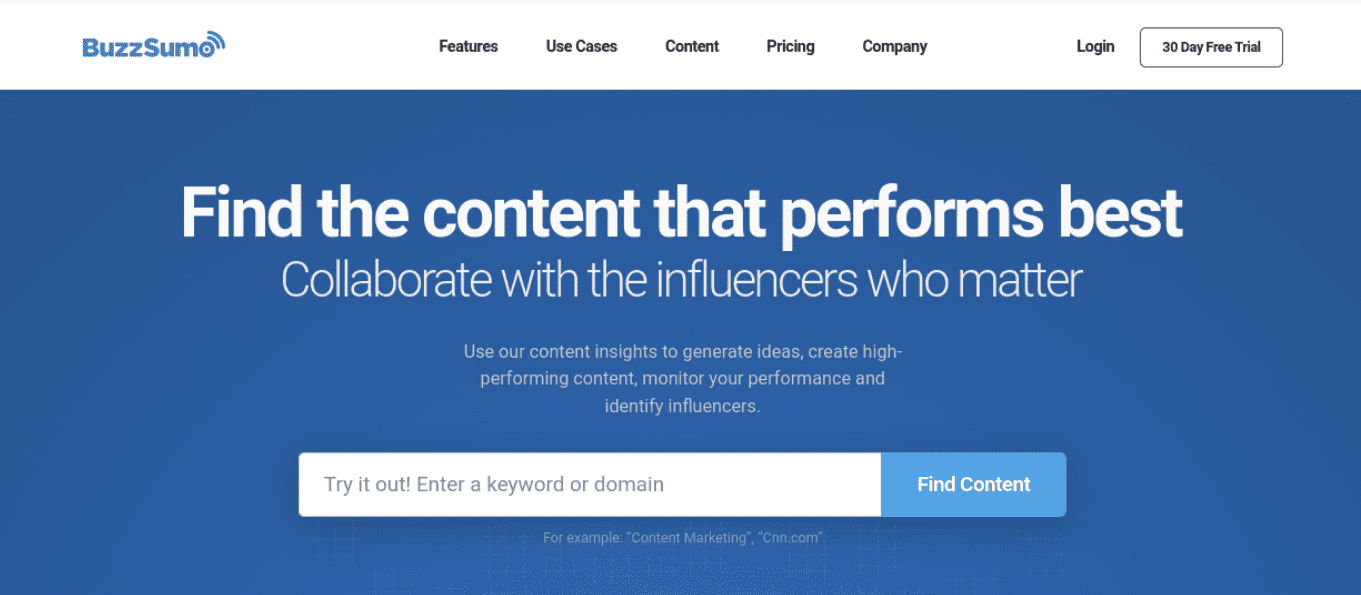
Its Content Analyzer tool can help you find the influencers who are most likely to share your content. You can browse for keywords and topics that relate to your brand or campaign, and then view the top sharers of related posts.
7. Monitor Your Brand Signals and Mentions
Google uses brand signals to verify whether you’re a legitimate company or not. It also considers brand mentions (references to your company, products, or services), both linked and unlinked.
Therefore, we recommend auditing your brand signals to see how many people are currently searching for your business. You can find this information using Google Search Console’s Performance Report. Simply navigate to Performance (1), and then select the Search Appearance (2) tab:

You can also set up brand tracking using a platform such as Mention:

This tool makes it easier for you to keep track of how many people are talking about your site on third-party platforms, such as news sites and social media channels. Using it consistently can help you identify trends over time, and see what is generating the most interest and engagement.
Conclusion
Optimizing your WordPress site can help you drive traffic and increase revenue. However, to improve your chances of ranking well, it’s crucial to focus on both on-page and off-page SEO.
As we discussed in this post, there are a variety of methods you can use to implement off-page SEO for your website. This includes everything from guest blogging and content marketing to building up your social media presence and partnering with influencers.
Do you have any questions about off-page SEO? Let us know in the comments section below!
Featured Image via Aa Amie/shutterstock






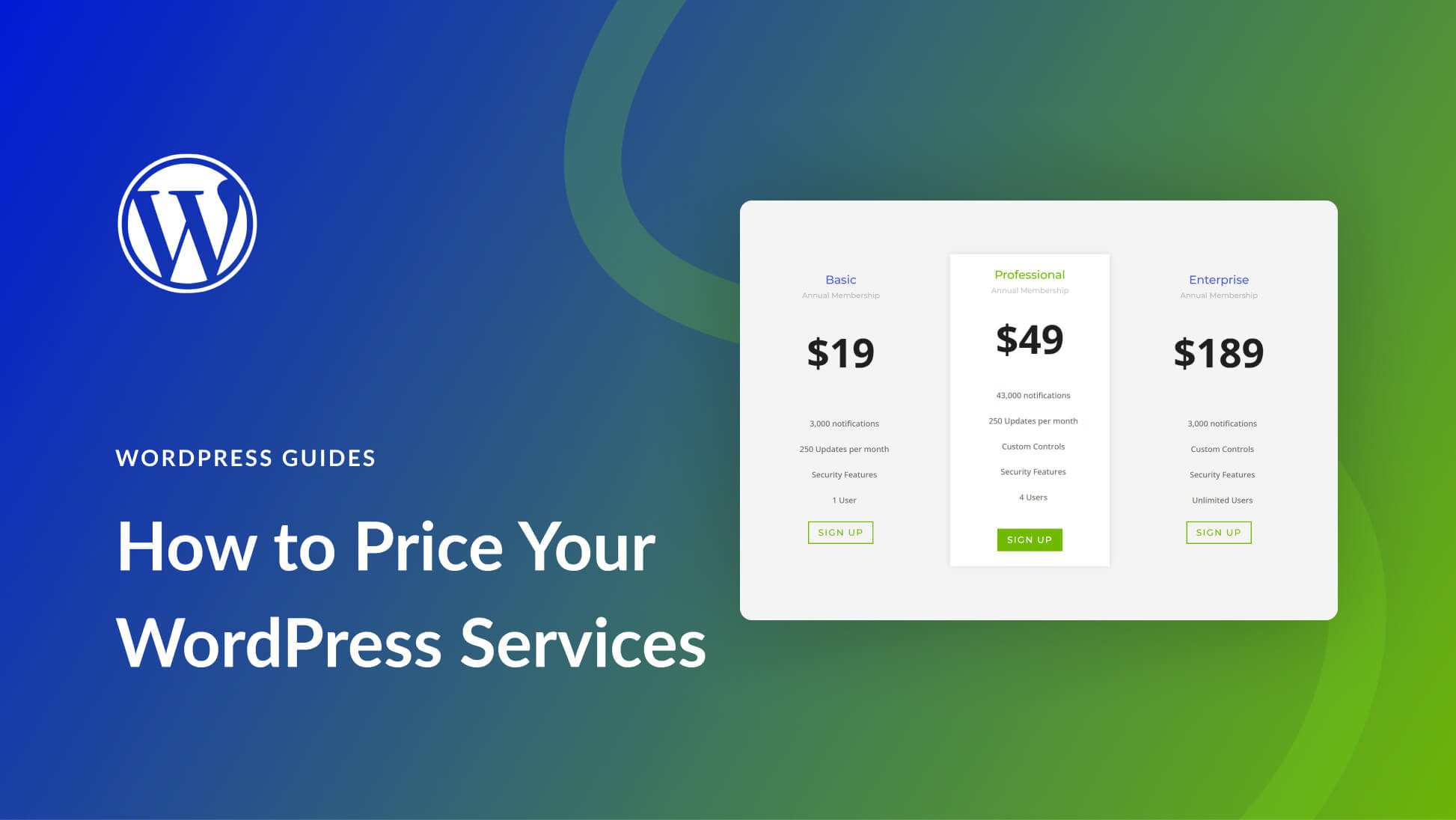
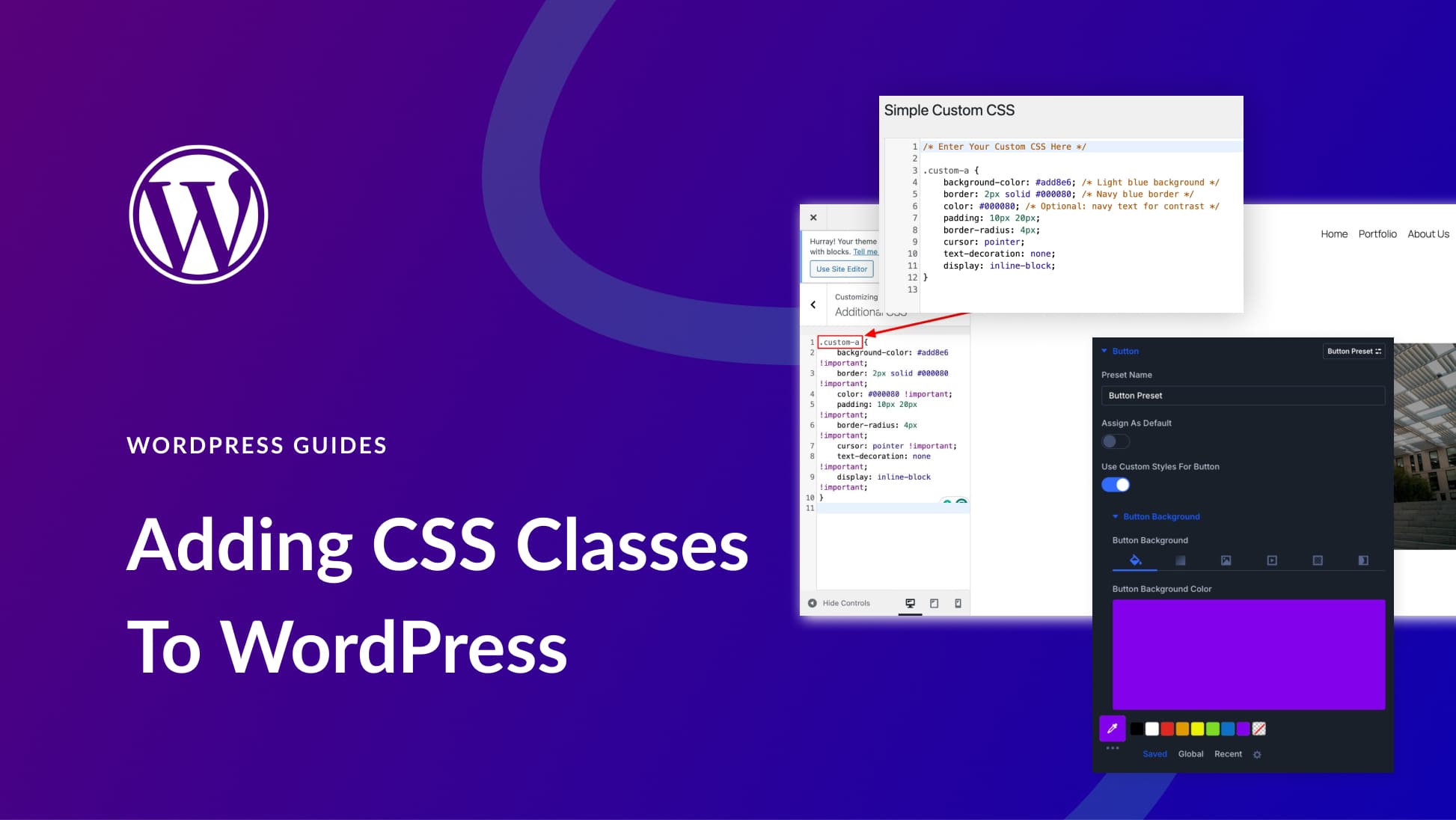
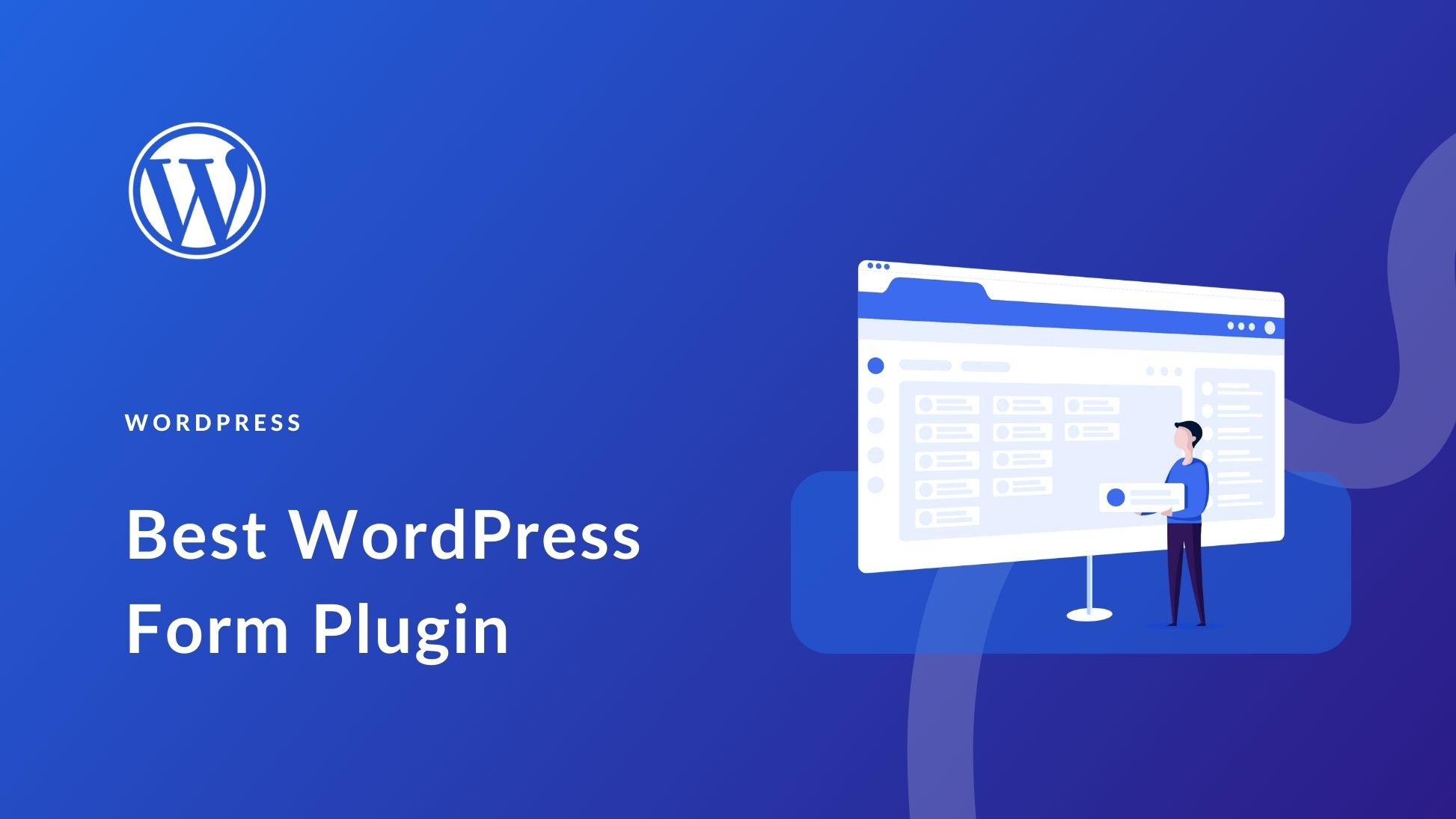
You have shared a very good article really got impressive too much 🙏 but I have a question and I hoe you would reply back.
My question is
How can I increased my organic traffic and how does long it takes? And how can I target more keywords while doing Off Page something like 50+ and more it depends.
And On and Off page targetting keywords are same or can we use different keywords?
Just I want to know at all please give me answer at my gmail ([email protected]) or here your choice.
I do SEO and I know about On and Off Page SEO but after doing SEO best practices from my side I am not getting traffic properly.
I have done the best On Page and Off Page and have used high DA, PA sites which have less Spam Score and relevant niches sores I have gone through already but my ranking and traffic getting down.
I am using right industry base keywords which have good search volume, less difficulty score and less competitive as well.
Hi Lokesh,
It might take a while to start seeing results. However, besides working on your on-page and off-page SEO, you’ll also want to optimize your site for Core Web Vitals. Here’s an article that might help: https://www.elegantthemes.com/blog/wordpress/core-web-vitals
There are some niches though where the ‘link creators’ are not sitting around waiting for some quality content to link to. Like gambling for instance or a lot of the financial sector. So different areas have much varying levels of difficulty. Google is allowing a lot of spammy links to work lately. I have seen quite a few sites with link profiles that are clearly generated by GSA search engine ranker doing really well. You can’t compete against a tool like that with outreach and quality content, it’s impossible.
Hi Andy,
I agree. However, if you run a blog, you can collaborate with other bloggers on guest posts and features. I think this can be an effective way to earn quality backlinks.
The best links for off-page SEO are the ones you get from Google Business Profile posts in my opinion.
You have to make sure the GBP website is published and indexed and you can add 2 links in every post.
Hi Bruce, thanks for sharing your thoughts 🙂
This is a great post. We have seen in the past that when you want to build authority to your website, the first thing which really matters is posting for users/consumers and not for bots. This gives the right approach to all your authority-building exercises. The best way to do this is to make your content worthy of links, and links will come naturally.
Thanks, Declan 🙂
I can’t thank you enough. This is one of simplest and most useful off-page SEO tactics. It’s clear, precise and simple. Thank you so much.
You’re welcome, Shawon 🙂